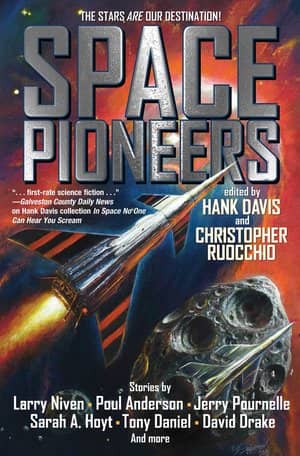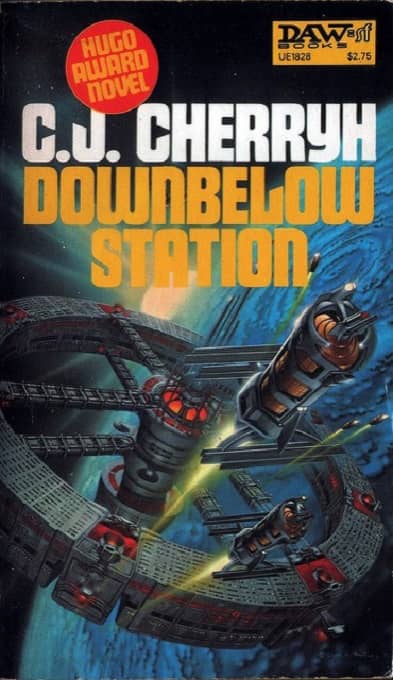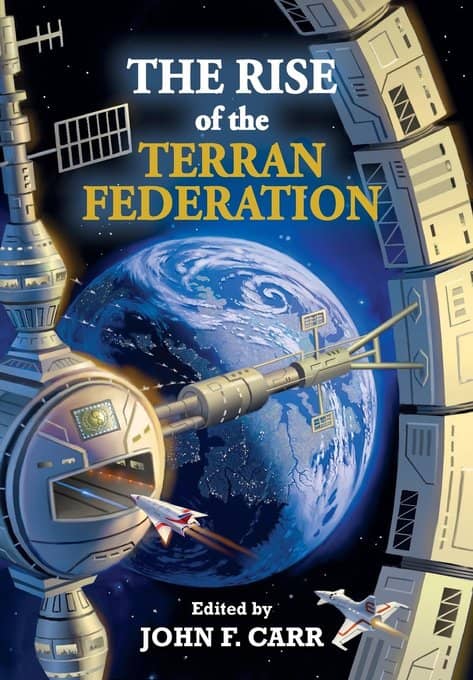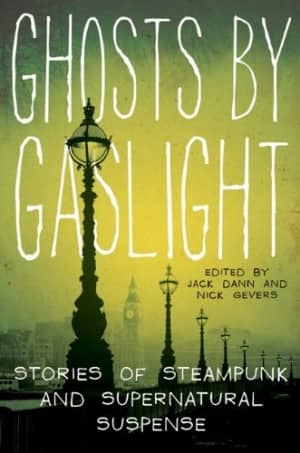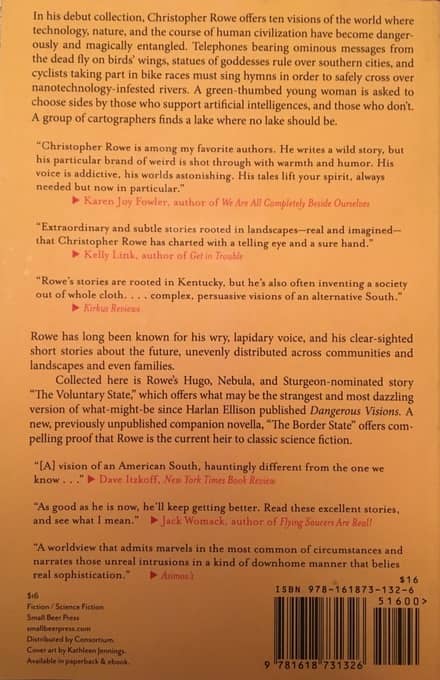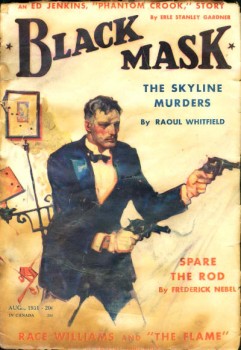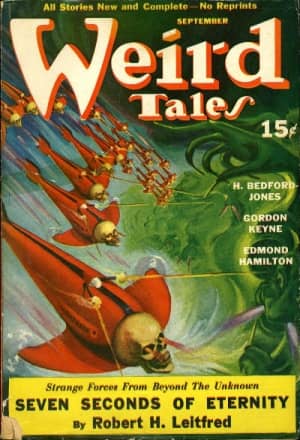Birthday Reviews: Kit Reed’s “The Shop of Little Horrors”
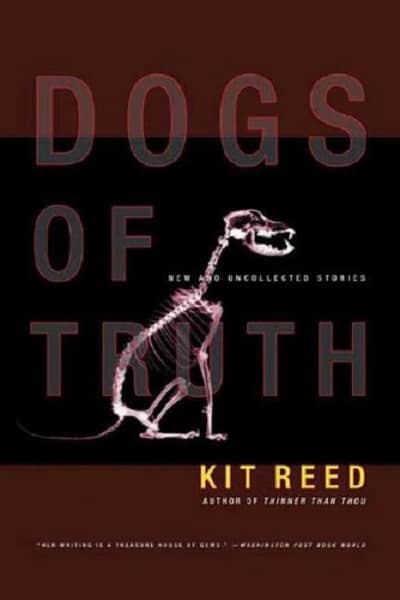 |
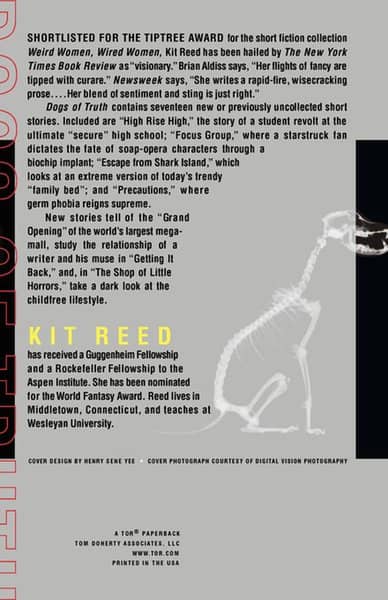 |
Cover by Henry Sene Yee
Kit Reed was born Lillian Craig on June 7, 1932 and died on September 24, 2017.
Reed’s collection What Wolves Know and The Story Until Now were both nominated for the Shirley Jackson Award. Her novel Where was a finalist for the John W. Campbell Memorial Award. Her books Little Sisters of the Apocalypse and Weird Women, Wired Women were short listed for the James Tiptree Jr. Award and the story “Bride of Bigfoot,” which appeared in Weird Women, Wired Women also made the short list. Her short story “The Singing Marine” was a nominee for the World Fantasy Award. In 1958, she was nominated for a Hugo Award for Best New Author of 1958, a forerunner of the John W. Campbell Award.
“The Shop of Little Horrors” was original to Kit Reed’s 2005 collection Dogs of Truth. The story has never been reprinted.
In “The Shop of Little Horrors,” Kit Reed explores the life of Lynn and Martin Larkin, a couple of New Yorkers who have made the decision not to have children. Ten years into their marriage, they are free to live the life they want to, travel as they desire, and mock those around them who have decided to have children. “The Shop of Little Horrors” specifically looks at one Saturday when they are relaxing at a coffeeshop watching the harried parents with their children on a beautiful day.
Their calm is destroyed, however, when one particular child invades their space. Stanley bumps their table, causing their cappuccinos to spill all over them and, when they are distracted mopping up the mess, the juvenile delinquent grabs and eats Lynn’s doughnut while Stanley’s mother is oblivious to the destruction he has caused.
The perfect days turns into abject terror as they try to make their way home in a city crawling with children. A lunch in the Tavern on the Green helps reestablish their equilibrium until they find themselves face-to-face on their walk home with a woman pushing an enormous stroller that contains six children.
